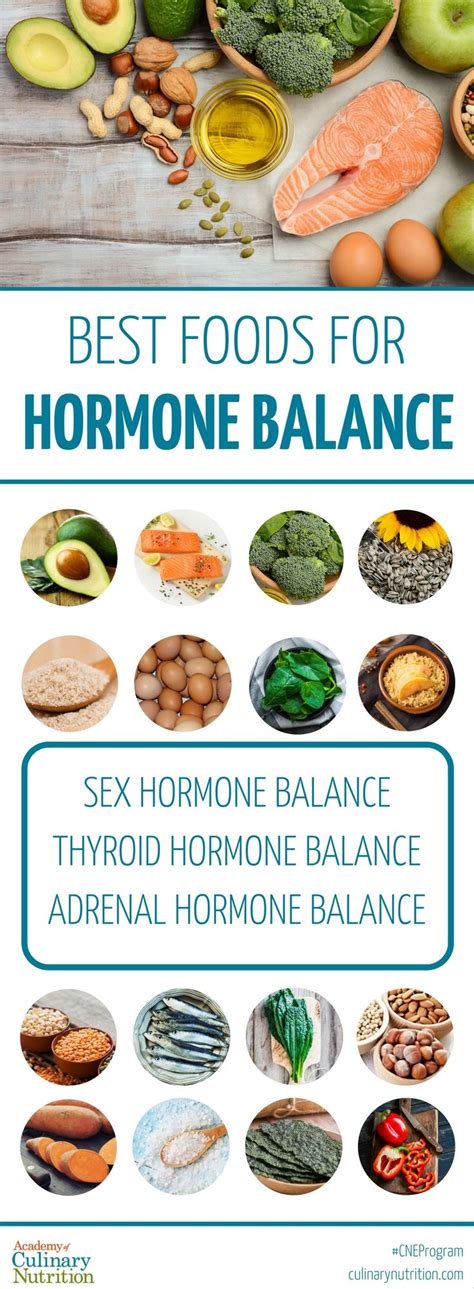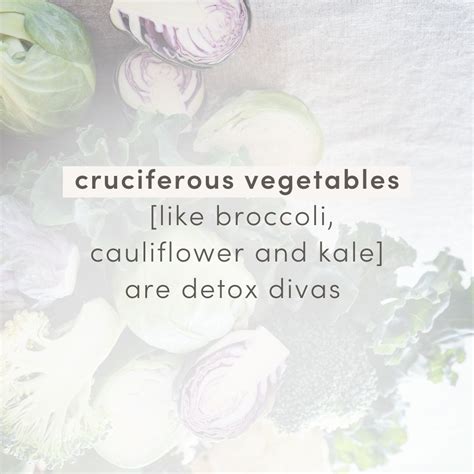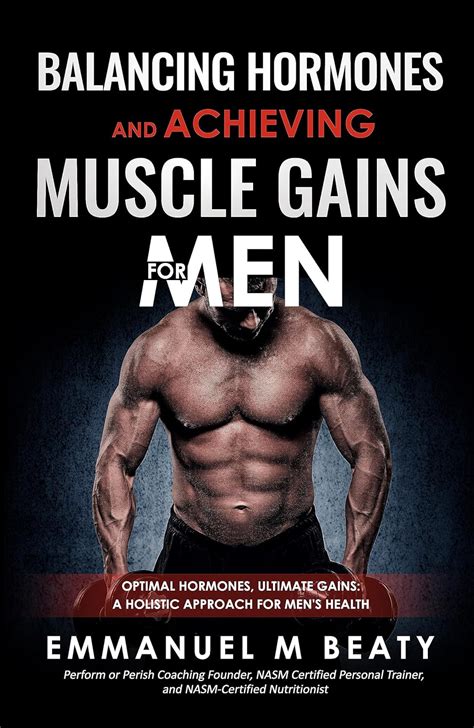Optimize male hormones: Which foods best support natural testosterone for peak performance?

Maintaining optimal testosterone levels is crucial for men’s overall health, energy, mood, muscle mass, and athletic performance. While numerous factors influence hormone production, diet plays a foundational role. Incorporating specific nutrient-dense foods can naturally support your body’s ability to produce testosterone, helping you achieve peak physical and mental performance without relying on artificial supplements.
The Nutritional Cornerstone: Key Vitamins and Minerals
Several micronutrients are directly involved in testosterone synthesis and regulation. Ensuring adequate intake of these can significantly impact your hormonal profile.

Zinc: The Testosterone Builder
Zinc is a critical mineral for numerous bodily functions, including hormone production. Studies have shown that zinc deficiency can lead to decreased testosterone levels. Rich sources include:
- Oysters: Often hailed as the king of zinc-rich foods.
- Red Meat: Beef and lamb provide substantial amounts.
- Pumpkin Seeds: A great plant-based source.
- Legumes and Nuts: Lentils, chickpeas, cashews.
Vitamin D: The Sunshine Vitamin for Hormones
More than just a vitamin, Vitamin D acts like a steroid hormone in the body, with receptors found in testosterone-producing cells. Research indicates a strong correlation between healthy Vitamin D levels and higher testosterone. While sunlight is the primary source, dietary options include:
- Fatty Fish: Salmon, mackerel, tuna.
- Fortified Foods: Milk, orange juice, cereals.
- Egg Yolks: A smaller but valuable source.

Magnesium: Muscle and Hormone Support
Magnesium is another essential mineral that helps improve free and total testosterone levels, especially in active individuals. It binds less to testosterone, allowing more “free” testosterone to circulate. Incorporate:
- Leafy Green Vegetables: Spinach, kale.
- Avocados: Also packed with healthy fats.
- Nuts and Seeds: Almonds, cashews, flaxseeds.
- Dark Chocolate: A delicious source in moderation.
Healthy Fats: Essential for Hormone Production
Contrary to outdated beliefs, healthy fats are crucial for hormone synthesis, including testosterone. Steroid hormones like testosterone are derived from cholesterol, and consuming the right types of fats provides the necessary building blocks.

Monounsaturated and Saturated Fats (in moderation)
- Olive Oil: Rich in monounsaturated fats, good for heart health and hormone production.
- Avocados: A powerhouse of monounsaturated fats and other nutrients.
- Nuts: Almonds, walnuts, pecans provide healthy fats and micronutrients.
- Grass-fed Beef and Eggs: Provide cholesterol and saturated fats necessary for hormone synthesis.
Omega-3 Fatty Acids: Reducing Inflammation
While not directly involved in testosterone synthesis, omega-3s help reduce inflammation, which can indirectly support a healthier hormonal environment. Sources include:
- Fatty Fish: Salmon, sardines, mackerel.
- Flaxseeds and Chia Seeds: Plant-based omega-3s.
Cruciferous Vegetables: Estrogen Balance
While the focus is on testosterone, managing estrogen levels is also vital for male hormonal balance. Cruciferous vegetables contain compounds like Indole-3-Carbinol (I3C) and Diindolylmethane (DIM) that help metabolize and excrete excess estrogen, allowing testosterone to exert its effects more effectively.
- Broccoli
- Cauliflower
- Brussels Sprouts
- Cabbage

Other Beneficial Foods and Dietary Considerations
- Garlic: Contains allicin, which may help reduce cortisol, allowing testosterone to function more effectively.
- Berries: High in antioxidants, combating oxidative stress that can negatively impact hormone health.
- Pomegranates: Shown to improve mood and testosterone levels in some studies.
- Onions: May increase Luteinizing Hormone (LH) and testosterone.
Beyond incorporating these beneficial foods, it’s equally important to limit foods that can hinder testosterone production. This includes highly processed foods, excessive sugar, trans fats, and excessive alcohol, all of which can contribute to inflammation and hormonal disruption.

Conclusion
Optimizing your diet is a powerful and natural strategy for supporting healthy testosterone levels and enhancing overall performance. By prioritizing zinc, Vitamin D, magnesium, healthy fats, and cruciferous vegetables, you create a robust nutritional foundation for hormonal balance. Combine these dietary choices with regular exercise, adequate sleep, and stress management for a holistic approach to achieving peak performance and vitality.









